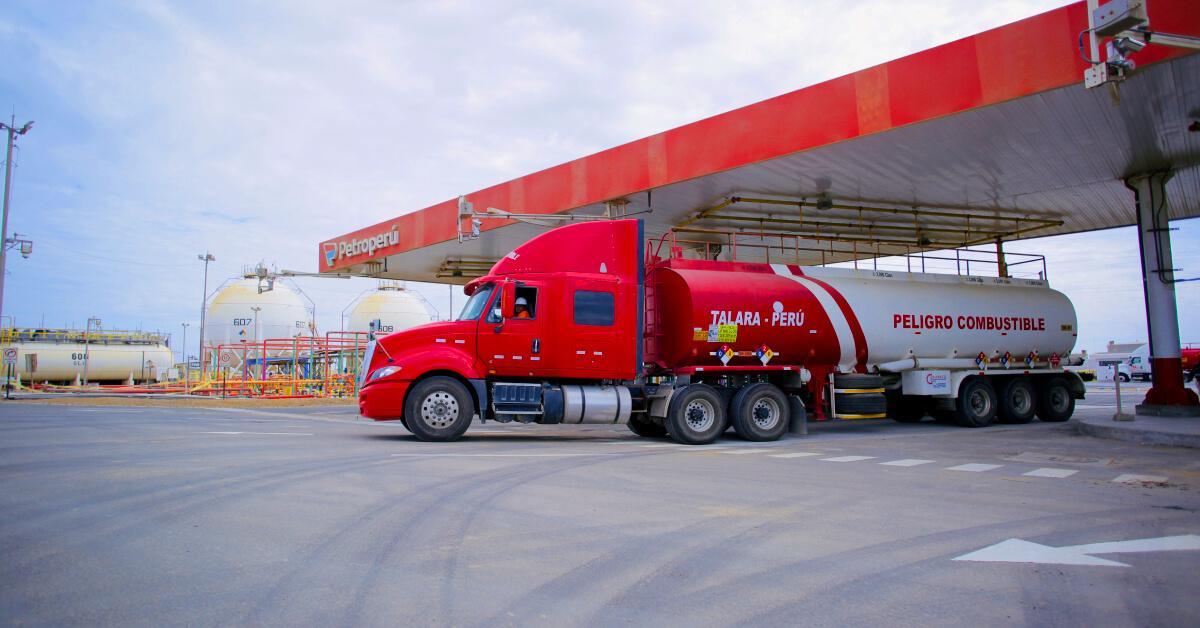New Talara Refinery: more than 7 million barrels of fuels produced in 2023

The New Talara Refinery (NRT), during 2023, produced 2'200,000 barrels of regular and premium gasoline; 5'230,000 barrels of low-sulfur diesel and 797,000 barrels of Turbo A-1 fuel for commercial aviation, which have been marketed - domestically - through its sales plants.
In the same year, the new PETROPERÚ complex produced 318,300 barrels per day of liquefied petroleum gas (LPG) to supply the entire demand of northeastern Peru.
This production of the NRT has allowed, among others, to reduce the import of fuels and ensure permanent supply in the regions of the national territory where there is no presence of private distributors, generating a positive impact on the trade balance.
It should be noted that, at the end of December 2023, the NRT completed its start-up and stabilization period, producing cleaner fuels that contribute to the care of the environment and the preservation of the country's air quality, due to its low sulfur content.
The NRT, one of the most modern technological complexes in the world, has the capacity to process up to 95 thousand barrels of oil per day, representing a 45% increase over the original refinery. It has deep conversion technology, present in only eight refineries in the world.
Operation of Northwest Lots
PETROPERÚ operates the Northwest I, VI and Z-69 oil lots, maintaining a sustained production in these three lots, estimated at 7,200 barrels of oil per day, in strict compliance with the exploitation contract, always under the guidelines of social responsibility and care for the environment.
The participation of the state oil company in these lots allows the supply of oil and natural gas to the NRT at an efficient cost, thus offering more competitive prices to the national market. PETROPERÚ has thus demonstrated that it has the technical capacity to participate in the operation of the lots in production and; moreover, during the transfer of the aforementioned lots to the State oil company, the daily production of crude oil was not affected.

